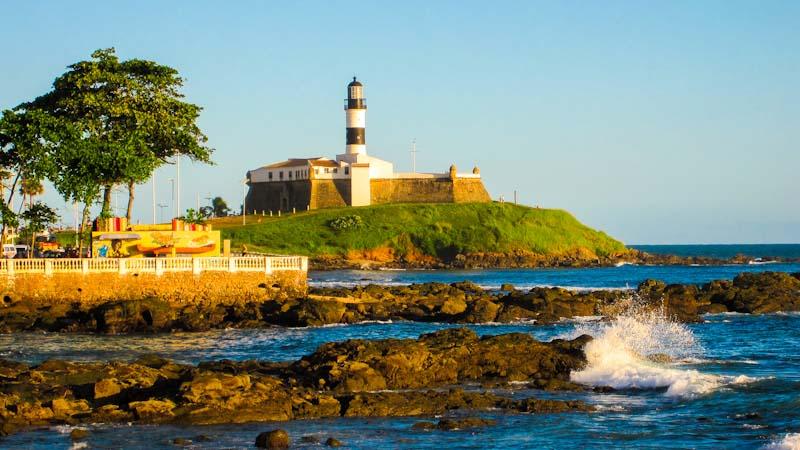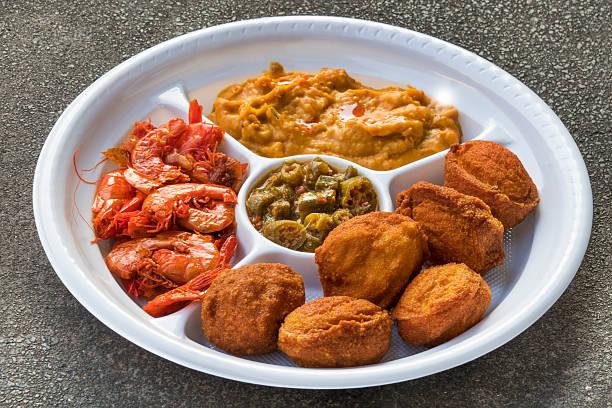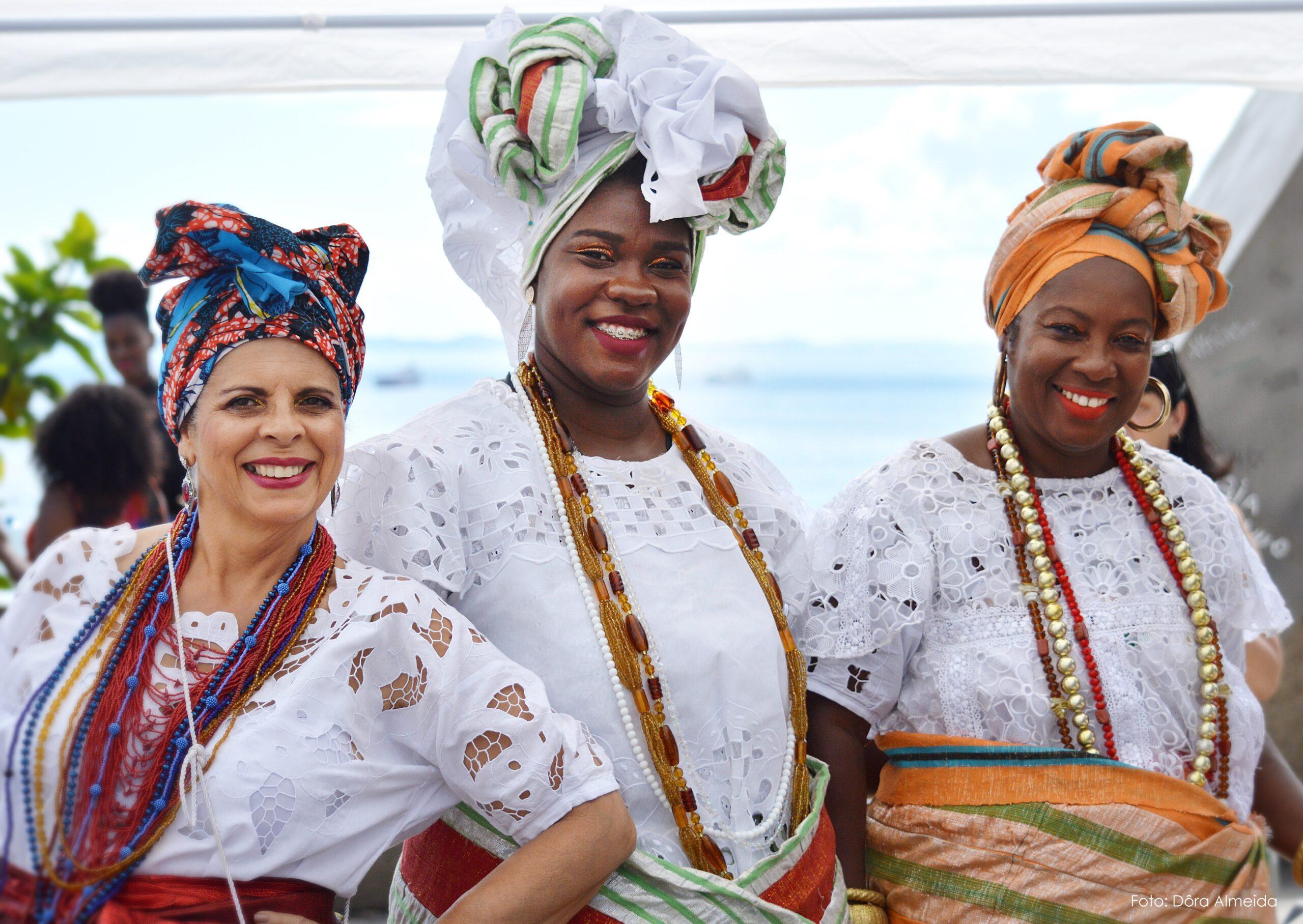With its gastronomic delights, unique music scene and rich faith, Bahia has been attracting tourists since the Portuguese first set foot in Brazil.
Learn more about this Brazilian state full of axé music, checking out our list of the most interesting facts about the state.
Discover Bahia!
Bahia is a state in northeastern Brazil. The history of the settlement of the territory of Bahia is linked to the arrival of the Portuguese in Brazil in 1500, when colonial rule in Brazil began.
For those who don’t know yet, the city of Salvador is the capital of the state of Bahia, and it was also the first capital of Brazil.
Currently, the state is the fourth most populous in Brazil and has an extensive logistics infrastructure. Bahia has a very diversified economy, with high levels of job and income generation. Agricultural production and industrial activity stand out.
The geography of Bahia is characterized by a tropical climate. Its most important geographic elements are the Chapada Diamantina and São Francisco rivers.
High temperatures are typical of the state and attract many tourists, especially those on the Atlantic coast. Bahian culture is also highly appreciated, with emphasis on Carnival and various religious festivals throughout the year.

Bahia geography
The state of Bahia is located in the northeast region of Brazil, bordering the Atlantic Ocean to the east. Bahia is the largest of the other states in the Northeast, and shares it with Sergipe, Alagoas, Pernambuco, Piauí, Tocantins, Goiás, Mina. It borders the states of Sgérias and Espírito Santo.
The topography of Bahia is formed by flat areas close to the coast and plateaus and internal depressions, being very common the presence of plateaus and plateaus. The state’s most famous terrain is Chapada Diamantina.
The geography of Bahia is characterized by a tropical climate. Its most important geographic elements are the Chapada Diamantina and São Francisco rivers.
High temperatures are typical of the state and attract many tourists, especially those on the Atlantic coast. Bahian culture is also highly appreciated, with emphasis on Carnival and various religious festivals throughout the year.
A bit of brazilian history
The state of Bahia was the first place where the Portuguese set foot when they arrived in Brazilian territory. Officially founded in 1535, the city of Porto Seguro has preserved this history and is now a National Historic Landmark.
Furthermore, the city of Salvador is one of the ten oldest cities in the country, having been founded in 1549 and serving as the national capital until 1763.
Posterity and pride of the people of Bahia
Throughout its history, Bahia has had the largest black population in Brazil, with more black children being born each year.
In addition to Rio de Janeiro, the state also has the largest number of followers of Afro-Brazilian religions, such as Umbanda and Candomblé. Religion is the origin of the famous classic Baiyana dress.
You can enjoy Carnival all year round
The Carnival in Bahia, and more specifically in Salvador, is one of the most famous in Brazil, with an expected audience of more than 2 million people.
Festivities have existed since the 18th century. There are three main circuits: Osmar (Campo Grande – Avenida), Dodô (Barra – Ondina) and Batatinia (Historical Center).
Bahia cocoa
Bahia is the main producer of cocoa – 90% of the country’s production comes from there. In addition, it helps Brazil rank fourth in the world in fruit production.
Land of musicians
Many of Brazil’s most famous musicians hail from Bahia. In MPB we have names like Caetano Veloso, Moraes Moreira, João Gilberto, Gal Like, Gilberto Gil and Maria Bethânia, just to name a few.
Cradle of great Brazilian writers
In addition to music, Bahia is also home to great names in literature such as Jorge Amado, who wrote a large part of the history and culture of the state in his book, João Ubaldo João Ubaldo Ribeiro, member of the Faculty of Letters, Castro Alves, the most important poet from the country.
Salvador: the capital
El Salvador was founded by the nascent first governor of the Brazilian state, Tome de Sousa. Much of its architecture was inspired by the Portuguese capital, and to this day the city is home to the largest colonial complex, with around three thousand properties.
Baiana church
One of the first churches built in Brazil was in Bahia, Porto Seguro, inaugurated in 1526. A few years later, in 1550, the first midnight mass was also celebrated in the municipality of Arraial d’Ajuda, in the interior of Bahia, in the church of Our Lady of Help.
Baiano castle
One of the few surviving castles in all of America is in the state of Bahia: it is Castelo García de Villa. Today it is possible to visit the ruins of this monument, the only building of its kind in Brazil in the 16th century.
Typical food
Bahian cuisine is unique. One of the main dishes is the African-influenced acarajé, which can be described as black-eyed pea fritters fried in palm oil with a variety of fillings.

Speaking of dendê, which is also a spice in the region, it is an oil extracted from the fruit of the palm tree.
Bahia is a place of a lot of axé
Axé is a very common expression in Bahia. It comes from candomblé and can mean the divine power of each orixá. As such, this expression is often associated with a desire for strength and power.
Best destination for tourism
Recently, Bahia was selected as one of the best travel destinations by the famous Lonely Planet travel guide. Alongside places like the Aeolian Islands, in Italy, and Alaska, in the United States, the Brazilian state was among the top 10 places to visit in 2018, according to the guide.
So, what did you think of all this information we collected about Bahia? What is your biggest interest in this state? Comment below!
